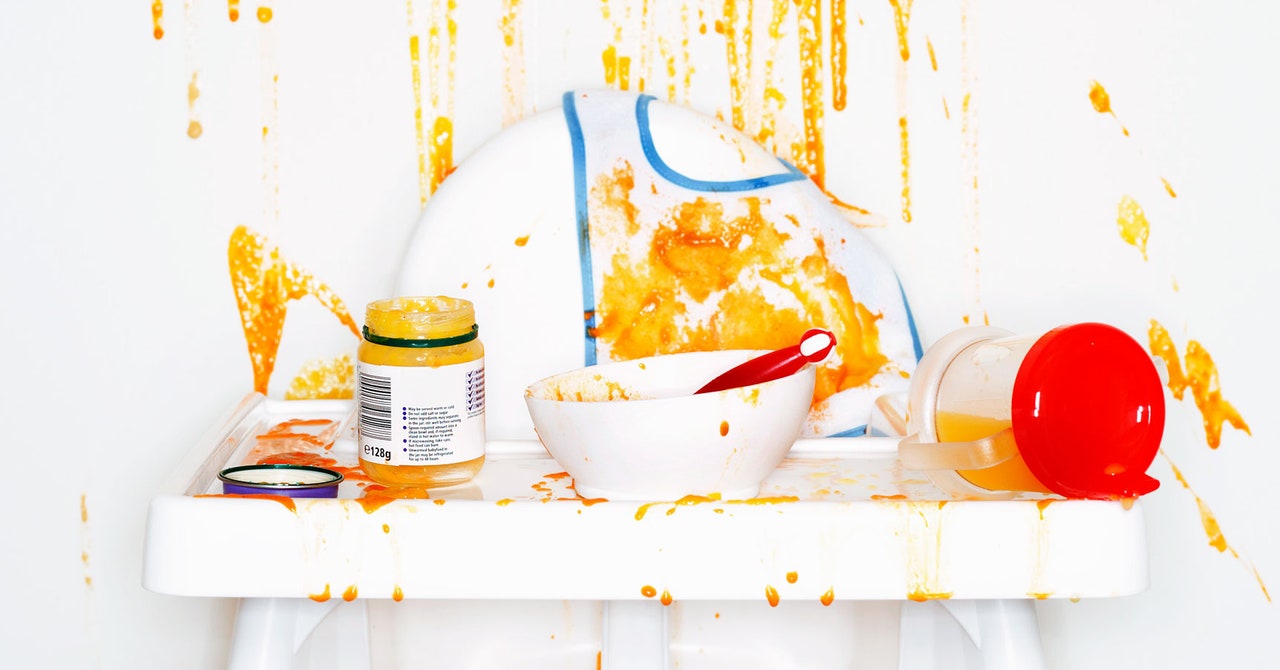- cross-posted to:
- cooking@mander.xyz
- science@lemmy.world
- cross-posted to:
- cooking@mander.xyz
- science@lemmy.world
In a study published in June in Environmental Science & Technology, Hussain and his colleagues reported that, when microwaved, these containers released millions of bits of plastic, called microplastics, and even tinier nanoplastics.
[…]
Once they’ve snuck past the body’s defense systems, “the chemicals used in plastics hack hormones,” says Leonardo Trasand, a professor at the NYU Grossman School of Medicine and the director of the Center for the Investigation of Environmental Hazards. Hormones are signaling molecules underlying basically everything the body does, so these chemicals, called endocrine disruptors, have the potential to mess with everything from metabolismto sexual development and fertility.
[…]
Judith Enck, a former EPA regional administrator and the president of Beyond Plastics, a policy and advocacy group against plastic pollution, stopped microwaving plastic 30 years ago. She thinks that you should, too: “My goodness, especially if you have kids or if you’re pregnant, do not put plastic in the microwave.”
“It’s a pain in the neck,” she acknowledges, but “even this one study should be a wake-up call—not just to new parents but to the FDA. They need to be far more proactive.” Transand agrees: “The FDA is glacially behind.”
[…]
“I don’t believe that there are microwave-safe plastics.” Trasand and Enck agree that while independent studies should continue testing how much plastic is being released from food packaging, there is already enough evidence to show that “microwave-safe plastic” isn’t really safe. “I think the FDA needs to tell companies that they can no longer say any plastic is microwavable,” says Enck.



I have a set of nesting glass containers like this that only cost like $40 for the whole set. You can probably find similar sets for cheaper; that was the first google result I found.
Just dump the contents from your plastic container into one of those and voilà – no more nanoplastics. :)
e: oh, it just occurred to me you weren’t talking about reheating in their packaging, but how it’s served. I suppose if it were me and I knew them well, I might try to gently mention to them that their packaging isn’t great, and maybe suggest they look into a paper-based option instead. More likely I’d puss out and never say anything, because I’m a social coward. Best of luck to you, and I’d say never reheat in the package they give you.
Yup, I use glassware at home almost exclusively. Just that piping hot restaurant food in plastic ware. Honestly, I just rather cook my family food that I know is made with love and care. Can’t do it all the time though.